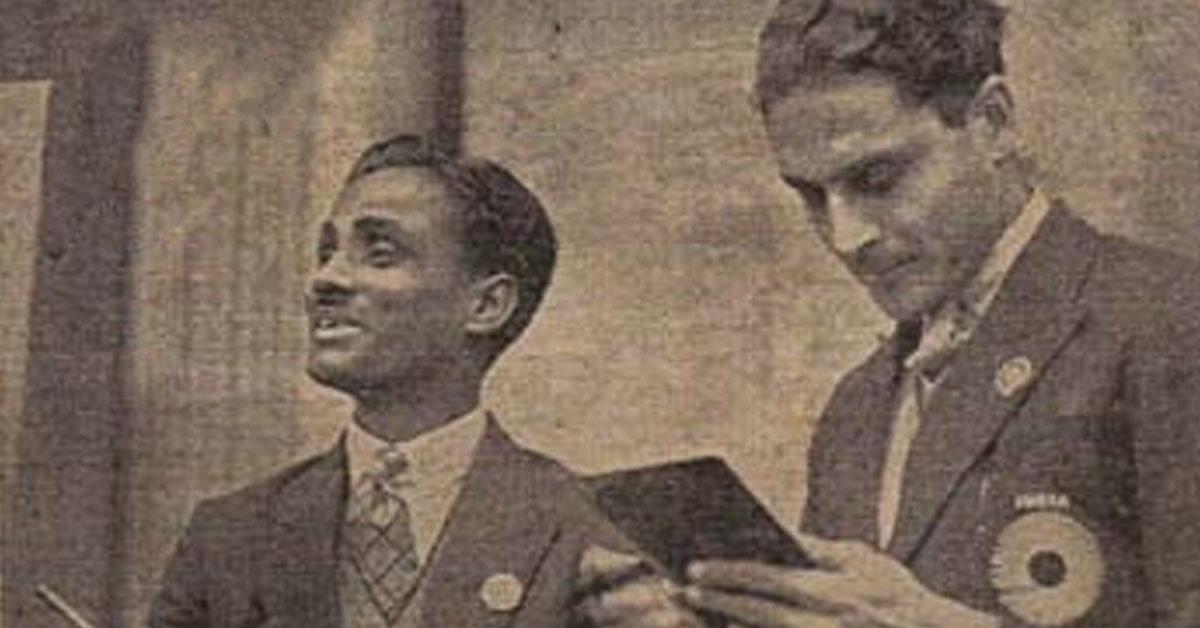Featured
Throwback: When Dhyan Chand's brother outscored him in the 1932 Olympics
There was another player in the Indian team, as enthralling and mesmerising on the pitch as Dhyan Chand, and related by blood to the man himself.

Major Dhyan Chand’s name almost always pops up in any hockey related conversation. The legendary wizard, the one who could do sorcery with the hockey stick, led one of the most formidable sides in the history of world hockey. Under him, India enjoyed their golden period in hockey, winning three back-to-back gold medals at the Olympic Games — Amsterdam 1928, Los Angeles 1932 and Berlin 1936.
Undoubtedly, he is one of the greatest players to have ever graced the field of hockey. But there was another player in the Indian team, equally enthralling and mesmerising on the pitch, and related by blood to Dhyan Chand.
The Major’s own younger brother, Roop Singh was one of the best left forwards the game had ever seen, someone who had a penchant for scoring and assisting goals aplenty. In fact, often, Dhyan Chand himself said “Roop is a better player than me.”
Before establishing his name in hockey, Roop had joined the army of the Scindia family in Gwalior, early in his life. Contrary to popular belief, Roop Singh was a self-taught player who picked up his skills at Jhansi. Dhyan Chand never taught hockey to him. It was only after a long time that the two brothers would play together.
But whenever Dhyan Chand talked about the sport, Roop would come and listen. The older sibling would correct Roop's game whenever they played together. Roop Singh used to say that Dhyan Chand was a 'hockey ka devataa' (God of Hockey).
https://twitter.com/IndiaHistorypic/status/1165630637635559424
Gradually, Roop would go on to make a name for himself before being called up for his first major tournament in national colours, the 1928 Olympics. In what was essentially a tri-nation tournament, he would score 13 goals in two matches (10 against the USA), one more than Dhyan Chand. After his performance against the Americans, the local media began referring to Roop as ‘the lion’.
His best moment, though, was yet to come. Four years later, when India would bag their third straight Olympic gold medal despite the problems within the team. In the summit clash against Germany, Roop turned on the heat. After half an hour of intense action, Roop broke the deadlock before opening the floodgates for the team to score seven more.
Even Dhyan Chand believed that Roop was one of the bests in the business but unlike his brother the latter did not have a long and prosperous career. Today, his only recognition in India lies in the form of the Captain Roop Singh Stadium, an arena that was built in 1978.

